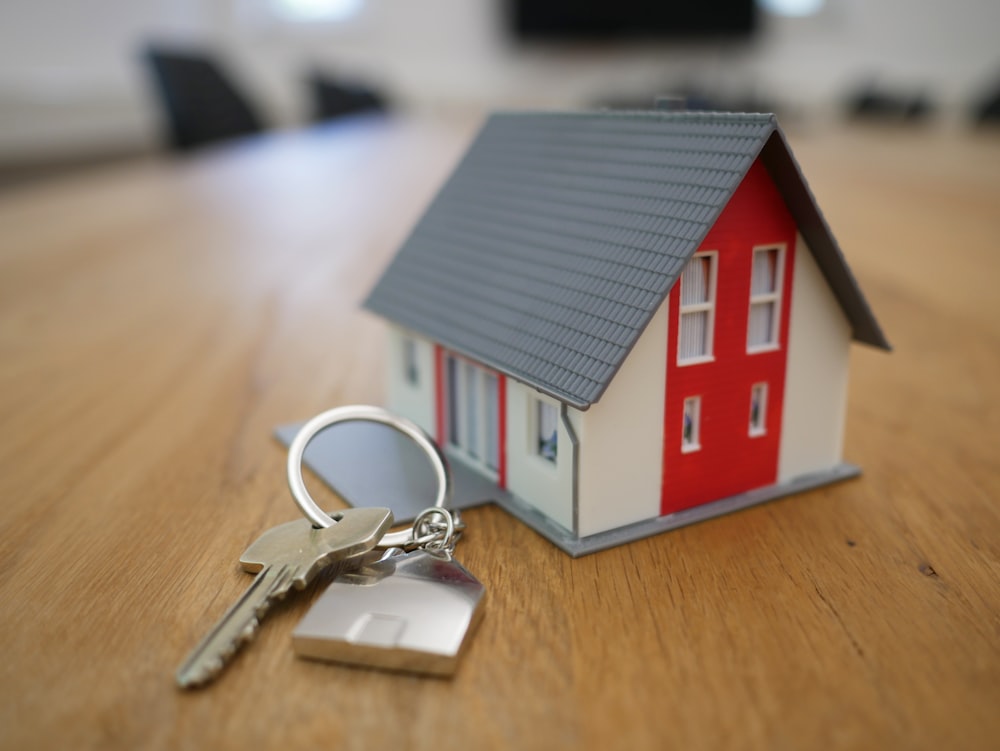
Flipping commercial real estate is viewed by many as a ‘get rich quick’ scheme. Reality TV has instilled in us an idea that anyone with a strong enough bank account and access to credit can snap up a bargain and sell it for a profit.
The reality couldn’t be further from the truth. Flipping real estate requires an understanding of what makes a good investment, a good exit strategy, and bucketloads of hard work and determination. These four mistakes are some of the most common reasons why rookie real estate flippers end up barely breaking even, or even taking a loss on their early property purchases. Understanding these four mistakes and avoiding them is a key part of how to sell commercial property.
Not Knowing the True Value of the Property
At the heart of most poor property flipping decisions is a lack of understanding over how much the property is truly worth. The aim of the game is to buy a property below market value, and with minimal effort, sell it for a substantially larger sum.
To ensure you can make money on the property, you need to have an accurate picture of what the property is worth. This means tracking recent sales in the area before you buy, market conditions, and understanding what value renovations can add.
If you purchase a property and want to increase its value by 75% after a remodel, you need to know that the area can support it. Even after a remodel, if the area has poor transport links, failing schools, and few amenities, the property may not achieve the intended value.
Taking Too Long
Once you pull the trigger and buy the house, the clock starts ticking. If you have a mortgage, you are making monthly repayments, and the interest is creeping up. You will also be paying property taxes, insurance costs, and utility bills associated with the property.
Therefore, it goes without saying that in the real estate flipping business, time is money. The quicker you can flip a property, the more profit you make. Have a firm timeline going into the project and ensure you have enough of a profit margin to absorb some unforeseen delays.
Over Leveraging
When you decide to buy a property, your bank account is going to take a hit. Many first-time buyers try to cushion the impact by borrowing more than they need. While this may seem like a good idea in the short-term, over the course of the project, over leveraging like this can eat into your profit margins.
Monthly mortgage repayments increase as the amount you borrow increases. Just because you aren’t spending the money on the property at the point of sale, doesn’t mean you are saving money. Calculate the monthly repayments you can afford, and if necessary, be willing to spend more on the initial purchase to keep monthly costs down and avoid over leveraging.
Buying at the Wrong Time
There are some aspects of property flipping that are outside of your control. The health of the property market is one of these aspects. Buying at the wrong time, when the market is strong, can be catastrophic for a first-time property flipper.
Study the market and read up on as many market forecasts as possible before you make your purchase. If the market is about to take a hit, it might be worth waiting to get the best possible price.


